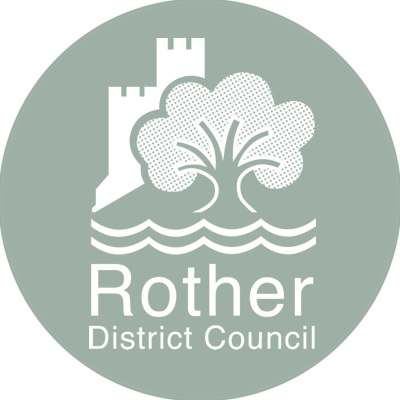Agenda item
UK Environment Bill: Initial Preparations and Consideration of Food Waste Requirements
Minutes:
Consideration was given to the report of the Joint Waste Partnership Manager which advised Members of matters arising as a result of, the UK Environment Bill (EB) which was currently progressing through Parliament and scheduled to be enacted in Spring 2021. Several key requirements were scheduled to be implemented by 2023 and the Partnership would need to consider and make decisions during 2021-22 on the service implications.
Members noted that the EB sought to transform how the UK managed waste by enabling powers that would require companies to take more responsibility for the products and materials they placed on the market, especially when they became waste. It would also introduce a consistent approach to recycling, tackling waste crime, creating powers to introduce bottle deposit return schemes and enabled effective litter enforcement. It also allowed the introduction of new charges for single use plastic items with the aim that single use was minimised and suitable incentives were created for reusable alternatives.
The Joint Waste and Recycling Committee (JWRC) considered the following key matters which would be required during 2021-22:
· Deposit Scheme (or Deposit Return Scheme - DRS): To collect and recycling single use drinks containers e.g. drinks cans and bottles and possibly coffee cups. Consumers would pay a deposit and get it back if they returned the container. The report detailed the advantages and disadvantages of introducing a DRS. The impact on the Partnership would be analysed once further information was known. To improve income, a suggestion was proposed that the Partnership considered implementing their own DRS.
· Resource Efficiency: The Office for Environmental Protection (OEP) would be responsible for the matrix of policies, plans and targets required to fully implement the principles of the EB. Local authorities would be required to submit data returns and meet set targets. The Partnership’s data recording systems were considered capable of providing the required information however there could be a risk regarding insufficient resources to manage this.
· Consistency: The EB sought to reduce householder confusion regarding what could or could not be recycled. Members were advised that the Partnership could meet most of the consistency provisions detailed within the EB.
· Food Waste: Implementation of a new food waste collection service would have policy and budget implications for the Partnership. Appendix A to the report detailed the specific areas the Partnership would need to consider. Officers would plan an implementation project and make recommendations as to how the necessary approvals could be achieved once the final EB became law. Food Collection Services would be implemented from January 2023 and a “tight” timetable of project milestones was detailed within the report. Members were reminded that the current contract already included provision for the implementation of food waste collections but exemptions to the 2023 implementation date might be offered to local authorities with existing contractual commitments; legal clarification would be sought. Low-carbon options would be investigated regarding vehicle technologies (electric / hydrogen fleet) etc. Members were advised that at present food waste was deposited alongside the general waste at the Newhaven Energy Recovery Facility which was recycled into electricity. Should the collection of food waste become compulsory, East Sussex County Council have the capacity at the Woodlands Composting Facility, Whitesmith to treat it.
· Free Garden Waste Collections: An earlier draft of the EB included free garden waste collections; this provision had not been included in the latest draft version.
· Charges for Single-Use Plastics: The EB made provision for charges to be introduced for single-use plastic items and for the carrier bag charge to be increased. New taxation was proposed for the production and import of plastic packaging in the UK. As a result of COVID-19 the long-term economic impact was unknown, therefore it was uncertain whether the Government would be able to maintain its environment policy commitment. Members would be kept abreast of all financial implications and how they could be quantified and managed.
· Extended Producer Responsibility: The EB included powers to introduce new extended producer responsibility scheme which would make producers responsible for the full net costs of managing their products when they were ready to be thrown away. The consultation on the final draft EB in 2021 would provide detail of how funding would be handed down to the local authorities.
The JWRC felt that it was important that Parliament was lobbied to ensure that the targets set in the EB delivered climate change benefits and that the financial and policy implications for each Council were achievable for the Partnership. Due to the tight timescales required, Members agreed that the Joint Waste Partnership Manager and her team, in collaboration with Partnership officers, including Eastbourne and Lewes Councils and the Waste Strategy Resources Group developed an outline food waste service plan including financial and operational contingencies, and that a report be presented to the JWRC meeting scheduled to be held on 26 March 2021.
RESOLVED: That the Joint Waste Office in collaboration with the Partnership officers, including Eastbourne and Lewes Councils and Waste Strategy Resources Group developed an outline food waste service plan including financial and operational contingencies, and that a report be presented to the Joint Waste and Recycling Committee at the meeting scheduled to be held on 26 March 2021.
Supporting documents:
